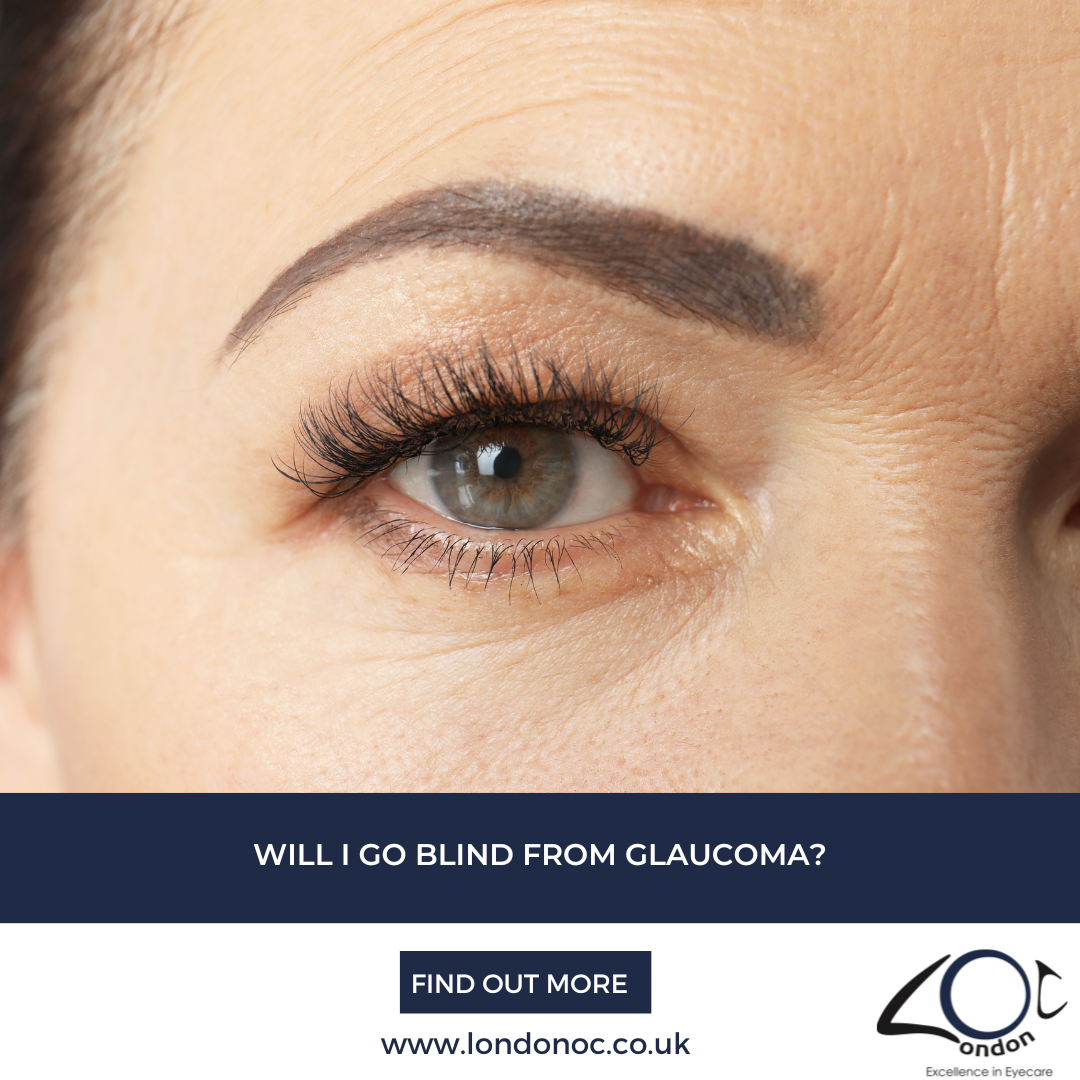The risk of blindness from glaucoma can be reduced significantly with early detection and appropriate treatment. Glaucoma is a progressive eye condition that damages the optic nerve, often due to increased intraocular pressure. If left untreated or not properly managed, it can lead to vision loss and, in severe cases, blindness.
Will I go blind from Glaucoma? This is an important question to ask. While your ophthalmologist cannot predict the future, there are several features of glaucoma that usually hold true. First, the more damaged the optic nerve at the time of diagnosis, the more advanced the condition and the higher the risk of losing vision. And unfortunately, many patients do not know they have the disease because there are no symptoms at the early and moderate stages. Therefore, it is important to understand what stage of glaucoma you have: mild, moderate, or advanced.
Many people with this condition can maintain their vision and quality of life through consistent monitoring, treatment, and lifestyle adjustments. It's crucial to have regular eye examinations, especially if you have risk factors such as age, family history of glaucoma, high intraocular pressure, or other related conditions.
Treatment options for glaucoma may include prescription eye drops, oral medications, laser therapy, or surgery. The specific treatment plan will depend on the type of glaucoma, its severity, and individual factors.
If you have been diagnosed with this condition, it's essential to follow your eye care professional's recommendations, attend regular follow-up appointments, and take prescribed medications as directed. By managing the condition effectively, the risk of progressing to blindness can be significantly reduced.
If you suspect you have glaucoma or are experiencing changes in your vision, consult with an eye care professional for a comprehensive eye examination and appropriate guidance based on your individual circumstances. Early detection and proactive management are key to preserving vision and preventing further damage.
Book in for your consultation here with Mr Vik Sharma, Consultant Ophthalmologist at LondonOC.
